Keywords: South Australia
-
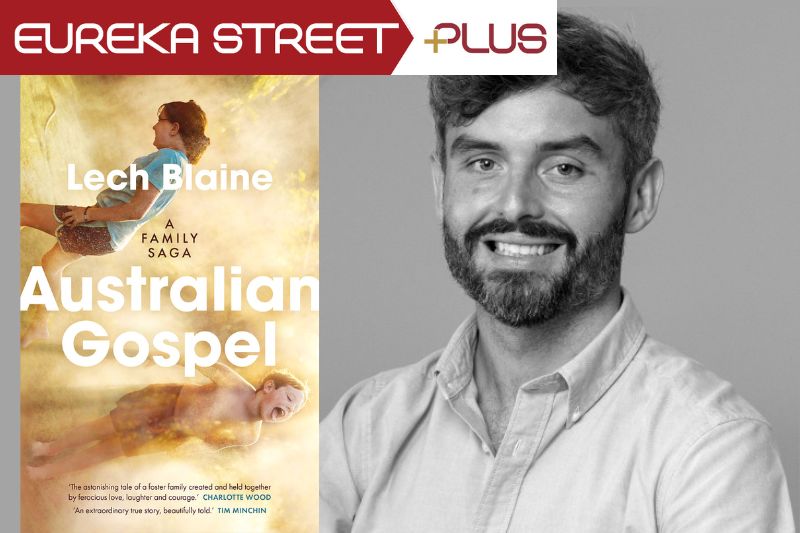
ARTS AND CULTURE
- Ken Haley
- 12 December 2024
Lech Blaine’s Australian Gospel is a quintessentially Australian tale of faith, family, and identity. Blaine explores the fractures of belief and belonging in an effervescent and vivid work of creative nonfiction. But where does the ‘non-’ stop and the ‘fiction’ begin?
READ MORE 
-
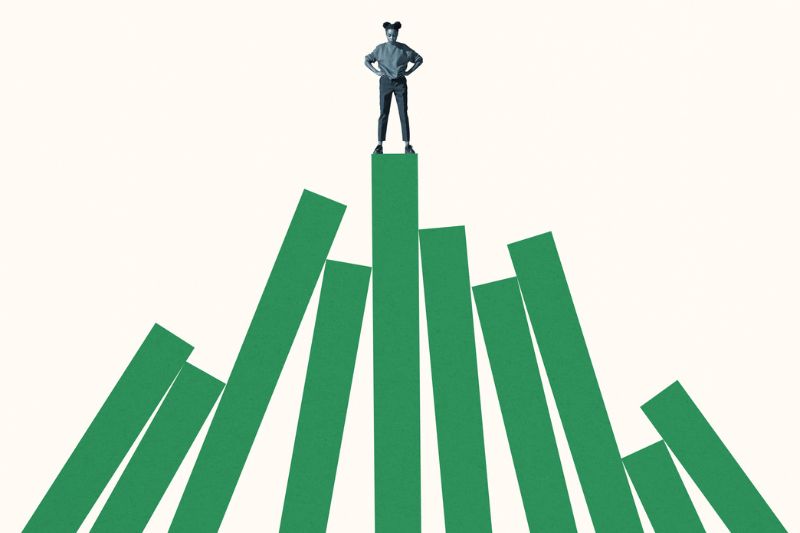
ECONOMICS
- David James
- 11 December 2024
BlackRock CEO Larry Fink predicts AI and shrinking populations will bring higher living standards without growth. But his optimism overlooks a critical flaw: conflating productivity, efficiency, and the true cost of 'growth.' With economic foundations shifting, the future demands a radical rethinking of capitalism’s purpose and the systems driving it.
READ MORE
-
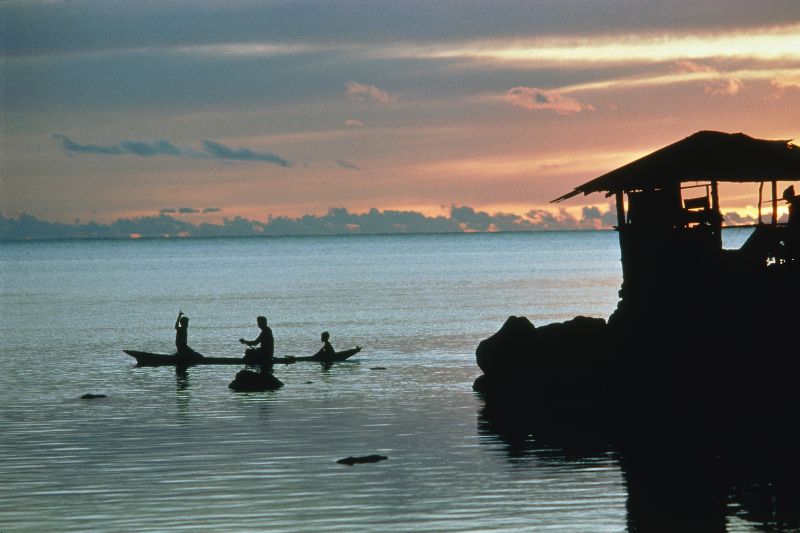
INTERNATIONAL
- Damian Spruce
- 10 December 2024
At COP29, the world’s wealthiest nations promised to confront climate change—but delivered only a fraction of the required funds, leaving developing countries with a trillion-dollar shortfall. As Pope Francis warns of a sick planet, the question remains: Who pays for the climate crisis, and who bears the consequences?
READ MORE
-
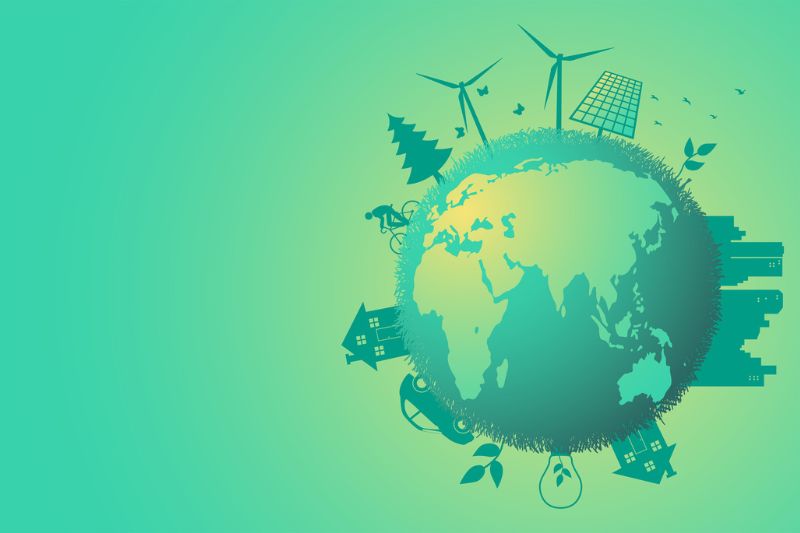
ENVIRONMENT
- David Ness
- 28 November 2024
2 Comments
As the climate crisis deepens, there's an urgent need for a global shift toward fairness, equity, and living well within our planet’s limits. Drawing from Pope Francis’s Laudato Si’, sufficiency thinking offers a critical, overlooked pathway to global equity and sustainability.
READ MORE
-
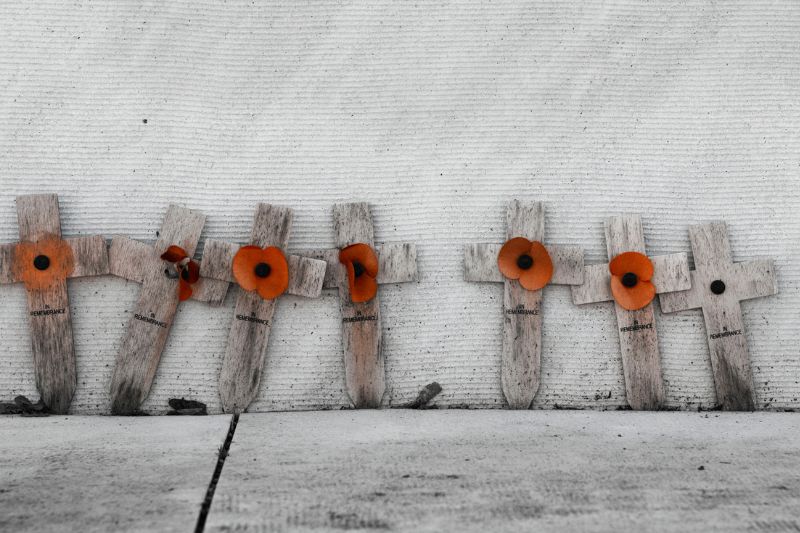
AUSTRALIA
- Stephen Alomes
- 11 November 2024
2 Comments
On Remembrance Day, we’re called to confront war’s real toll — not just on soldiers but on civilians, families, and especially children. From WWII’s devastated cities to today’s ravaged Gaza, can we reframe our commemorations to reflect the universal, harrowing cost of war beyond national myths?
READ MORE
-
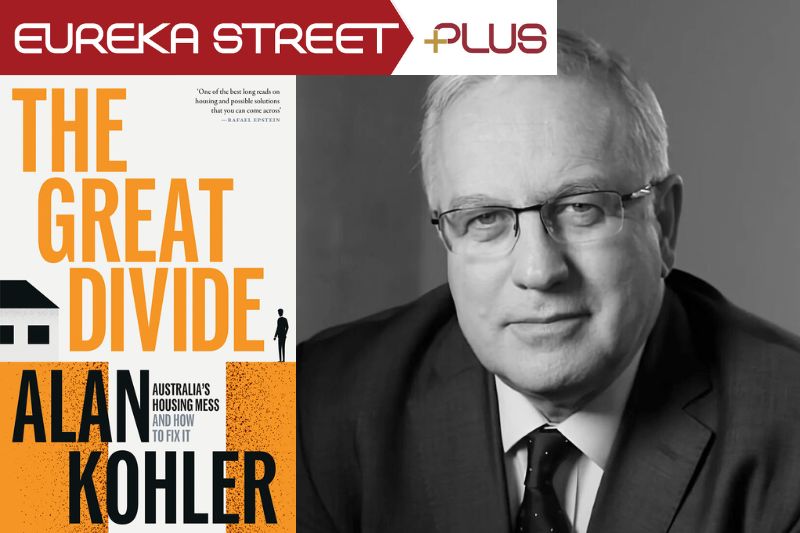
AUSTRALIA
- David Halliday
- 08 November 2024
As house prices soar, half the nation finds itself locked out of the property market. In conversation with Eureka Street, Alan Kohler untangles the web of tax incentives, population pressures, and government policies fueling the housing crisis to discover why, despite public outcry, solutions remain frustratingly out of reach.
READ MORE 
-
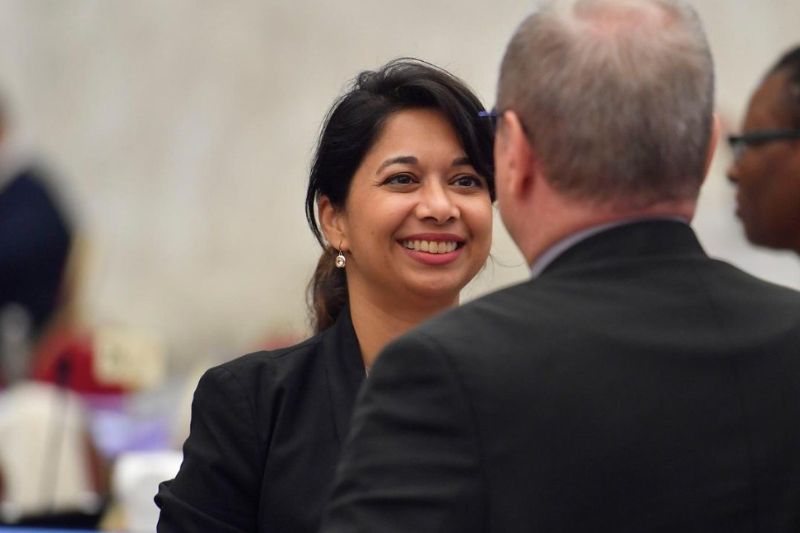
RELIGION
- Joanna Thyer
- 07 November 2024
3 Comments
At the World Synod in Rome, four women joined to advocate for ordaining women as deacons. Though the topic remains off the table officially, the message highlights the Church’s internal conflict between traditional values and growing calls for inclusion and change.
READ MORE
-
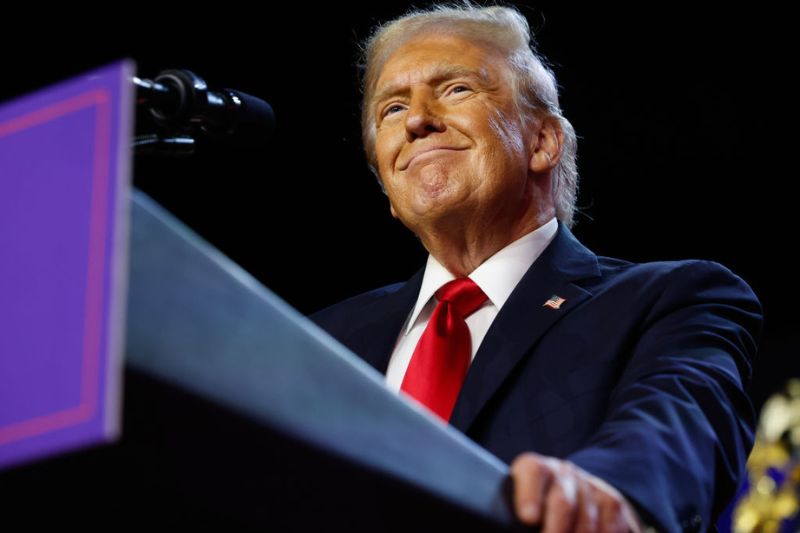
AUSTRALIA
- James Massola
- 07 November 2024
10 Comments
The analysis of how Trump achieved a famous victory will continue for years to come. The more germane questions now are what does this result mean for Australia’s economic, defence, trade and foreign policy, and what lessons (if any) are there for Anthony Albanese and Peter Dutton?
READ MORE
-

AUSTRALIA
- Daniel Nellor
- 25 October 2024
1 Comment
An AI-driven companion designed to connect with people living with dementia raises important questions about companionship, care, and the human experience. Can an AI truly replace the role of a human caregiver, or are we compromising what it means to connect?
READ MORE 
-
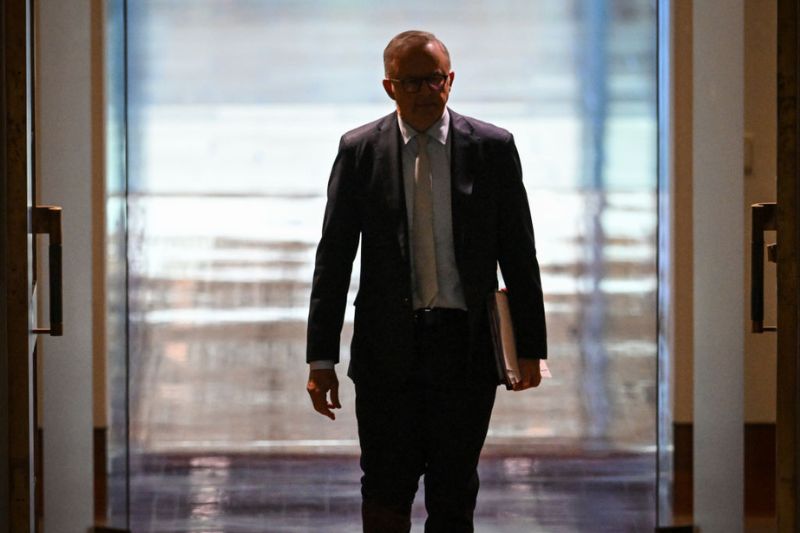
AUSTRALIA
- James Massola
- 23 October 2024
8 Comments
As Prime Minister Anthony Albanese navigates a slow but steady decline in approval, his cautious leadership approach is increasingly under scrutiny. With rising pressures on housing, the economy, and global events, is it time for him to take the bold political risks necessary to stave off the threat of minority government?
READ MORE
-

AUSTRALIA
- John Schumann
- 23 October 2024
2 Comments
There are approximately 300 Australians like Will currently held in forensic disability facilities, hospitals, mental health facilities, the prison system and providers of last resort. After two decades of seclusion, his story reveals a broken system where lives deteriorate, not improve, despite efforts for reform.
READ MORE
-
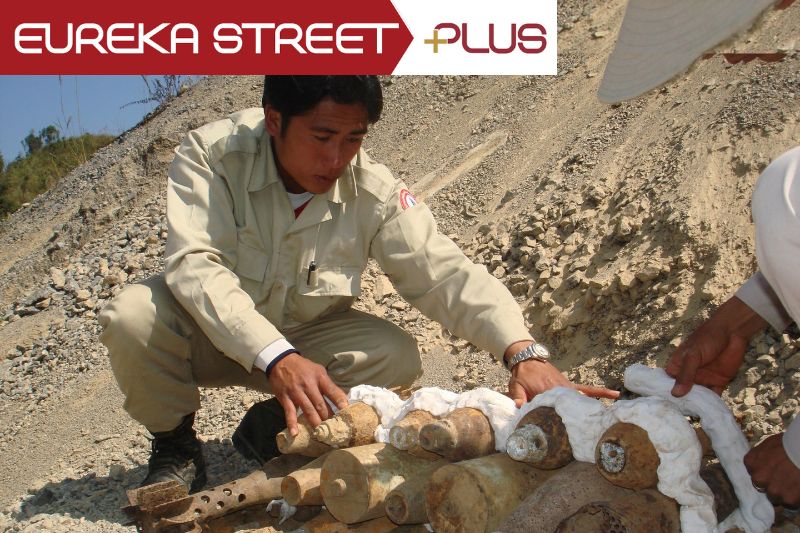
INTERNATIONAL
- Melody Kemp
- 04 October 2024
2 Comments
By the time the last American bombs had fallen in 1973, Laos had attained the dubious title as the most heavily bombed country in the world per capita. An estimated 270 million bombs were dropped on this small country, 80 million of which remain unexploded.
READ MORE 